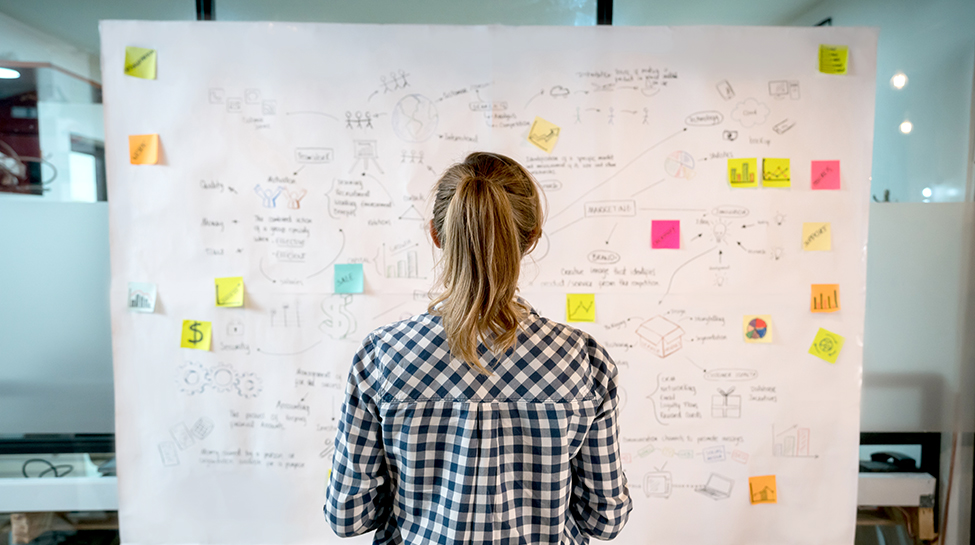We can debate whether critical thinking skills are innate or developed over time, but we’re better off recognizing the way our brain is a marvelous muscle designed to grow and develop higher levels of understanding, communication, problem-solving, idea-generation, and more. That’s the conclusion of Business Consultant Larry Alton, who describes these seven mental exercises to improve our thinking:
1. Express yourself in multiple mediums. Different people have different styles of thinking and different styles of learning. You may have a strong preference toward visual, auditory, or kinesthetic learning, but if you want to think in new directions, it’s important for you to try thinking (or at least expressing yourself) in different mediums. For example, if you’ve been talking about a problem out loud, try to diagram it. If you’ve been staring at charts all day, try to write down your interpretations of them. The new perspective can be quite enlightening.
2. Talk to a six-year-old. “If you can’t explain it to a 6-year-old,” Einstein supposedly said, “you don’t understand it yourself.” The point emphasizes how important it is to be ble to explain an abstract concept in simple terms (not to mention a way to demonstrate your full understanding of a problem). Try talking to a six-year-old about the issue (real or imaginary). You’ll quickly discover elements of the subject you don’t fully understand, and may start thinking about the problem in a new way.
3. Understand and challenge your biases. Each of us is affected by numerous cognitive biases, some of which affect how we value things and some of which affect how we think. Identifying and challenging these cognitive biases can allow us to work around them. For example, if you know you’re affected by confirmation biases, you’re more likely to look for evidence that contradicts your main assumption.
4. Work backward. Working on a problem backward can help you see things you might otherwise ignore. As a simple example, proofreading a document sentence by sentence backward can help you more easily identify spelling and grammatical mistakes. Reconstructing a failure from end to beginning, rather than beginning to end, can help you address the true impact of each phase in the sequence.
5. Ask other people to explain their thought processes. Talk to other people about whatever problem you’re trying to solve. It’s helpful to get other opinions on solutions to use, but the bigger purpose is to understand their thought processes. Different people have different approaches to the same problem, and understanding those processes can help you refine and expand yours.
6. Expose yourself to new content and new creators. It’s good to break out of your comfort zone and expose yourself to new types of content and new creators. Every new author, speaker, or thinker you encounter can teach you something new about the way you think—and introduce you to new facts and ideas you can integrate into your own critical thinking.
7. Experiment with brain teasers and ethical dilemmas. Real ethical dilemmas will always be a problem for professionals, but you can use hypothetical ethical dilemmas (and some brain teasers) to employ and strengthen your critical thinking skills. For example, the classic trolley problem requires you to think about the value of lives and the impact of action in decision making and in culpability. The best brain teasers challenge you to think outside the box to arrive at serious answers.


thanks it was so helpful , well done .